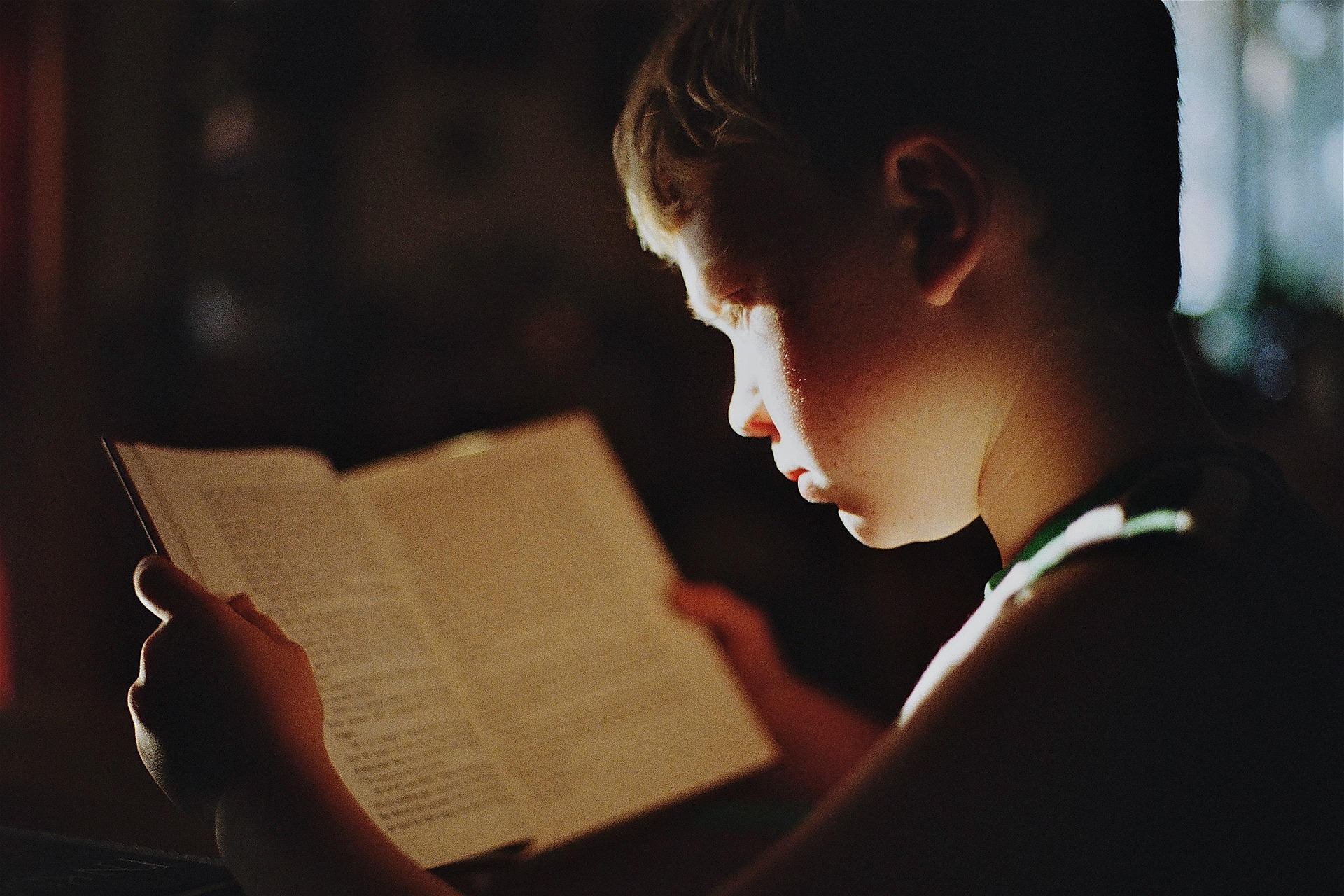Writing has accompanied humans for thousands of years. From ideographic and mnemonic symbols to what we know today, writing and literature are now more important than ever in today’s society. So, it should be good news to hear that the book market has been growing in recent years, right? Well, not exactly.
Author: Alexandra Monteiro Lopes
At first glance, the book boom seems great. With more books being sold more authors are being published; more stories being told and more money to be made. But when you scratch the surface, this does raise concerns about sustainability, quality, and whether books are being read or just collected.
In terms of sustainability, mass printing puts enormous pressure on our resources. While there are publishers who use recycled or responsibly sourced paper, the overall environmental impact is still significant. The huge amounts of ink, paper, and energy required combined with transportation and unsold books ending up in landfills all take their toll on the environment. Although e-books and audiobooks are gaining traction, what has been driving up the overall market growth are print books. They now account for 75% of total book sales in 2022, compared to 69% in 2012. While digital formats surged in popularity during the early 2010s the resurgence of print book sales indicates a strong consumer preference for physical books.
While it is true that more books are being bought, people are reading fewer of them ever. During the pandemic every reading category tracked saw an increase in sales. The most noticeable is Young Adult Fiction, which grew by 30.7% in 2021, along with every reading format. So, why are people buying more books, but reading fewer of them ever?
Perhaps, during the pandemic, our eyes may have been bigger than our attention spans. BookTok and Bookstagram have encouraged buying books, but many seem to collect rather than read them – there’s even a term for it: Tsundoku (積ん読) a Japanese word for the phenomenon of acquiring reading materials but allowing them to pile up without reading them. In recent years, reading has become an aesthetic in many ways. With book hauls, reading trends, prioritizing pretty covers over the plot, and posting books instead of discussing them. While reading can be both an aesthetic and a real hobby, what’s important is to read them, not just collect them for the aesthetic.
This could eventually lead to hoarding. Since books are more of an intellectual product some might not feel guilty about hoarding them. However, it still feeds into consumerist culture. Limited-edition covers, sprayed edges, book subscription boxes—it’s all marketing that encourages constant buying rather than deep reading.
So, while the increase in book sales has positive aspects, there are downsides. The accumulation of unread books results in frantic and superficial reading. When the pressure to read as many books as possible leads to binge reading, emphasizing quantity rather than quality. This leads to a superficial understanding of texts and a loss of appreciation for nuance and detail, transforming the initial pleasure of reading into a race for literary consumption. A book hoarder might also obsess over new literary releases, where every book must be immediately purchased and read. This behavior is often fueled by fear of missing out or by intensive marketing of new publications. This puts unnecessary stress and pressure on some readers. The inability to read all the books they have accumulated can cause anxiety or guilt. Instead of being a source of pleasure, becomes an obligation or a task to be accomplished.
To find a healthy balance and prevent hoarding readers must prioritize quality over quantity. It is essential to remember that reading is first and foremost a quality activity. Rather than focusing on the number of books read, it is more beneficial to choose books that truly resonate with you and get the most out of them. Making realistic lists by limiting the number of books read per month can help prevent a pile of unread books.
Reducing the amount of books you buy by using libraries or borrowing from friends is also a good solution to book hoarding. After finishing a book, take some time to reflect on what you’ve read. This can include writing reviews, summaries, or simply discussing your thoughts with others. This practice enriches the reading experience and improves retention.
Finally, and perhaps the most important aspect is to agree not to read everything. Accepting that some books will remain inaccessible and that’s okay can take the pressure off and allow you to enjoy the books you choose to read more. Although it might seem harmless, the overconsumption of literature can harm the pleasure of reading and the quality of life. By adopting a more conscious and balanced approach to reading, it is possible to rediscover the pleasure of reading without stress or guilt. Reading is an open door to new knowledge and inner adventures, and it is essential to savor every moment spent with a good book.
Cover picture by: Sabrina Eickhoff from Pixabay
Edited by: Sophie Van Den Berge, Johanna Larsson Krausová



